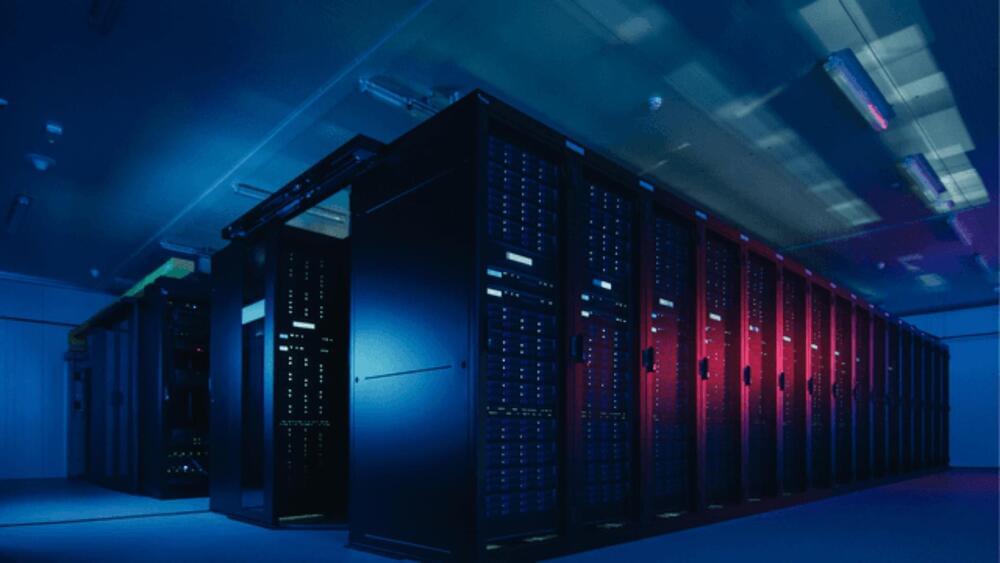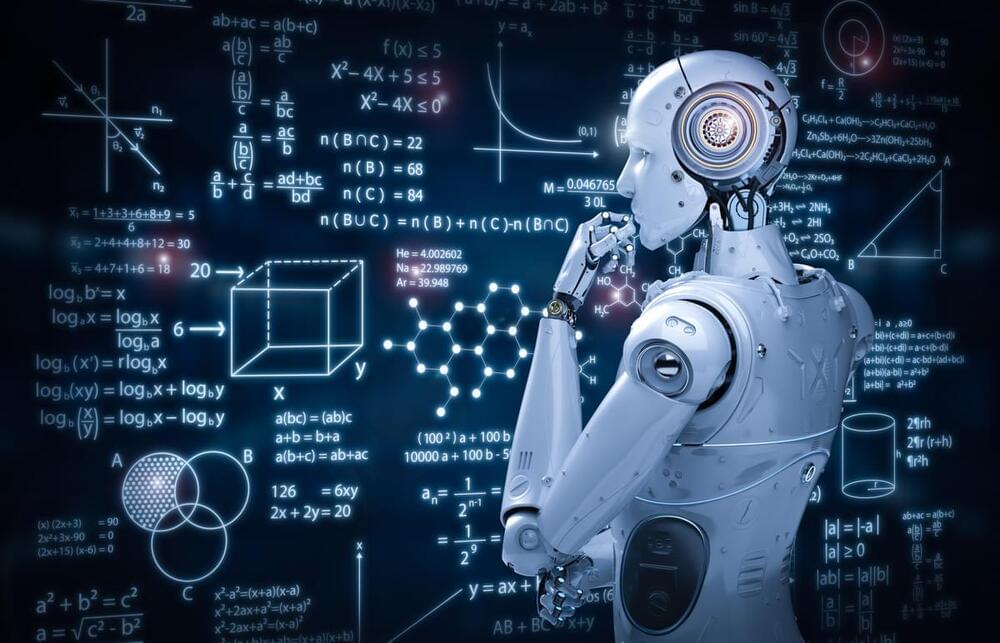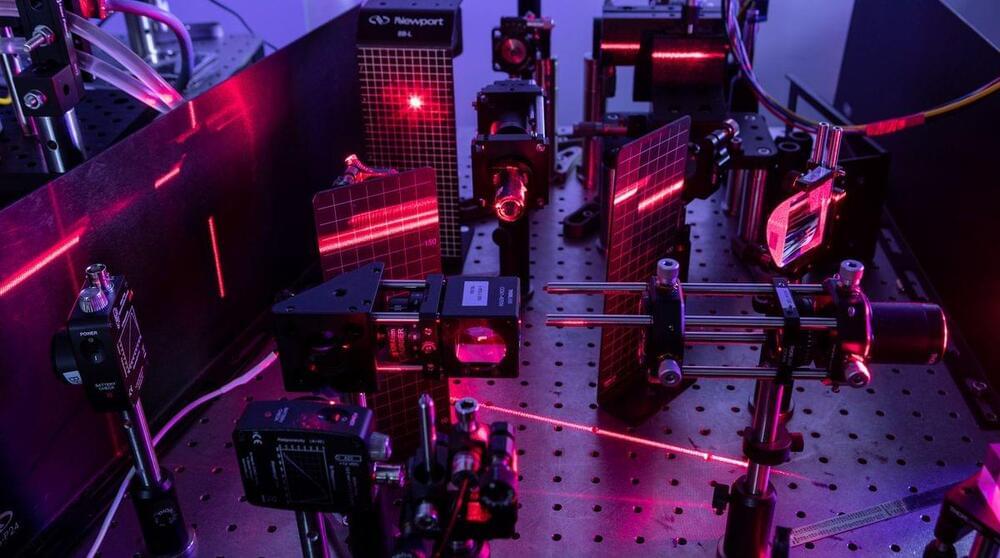The Sun’s magnetic field is an incredibly powerful mechanism that produces equally powerful solar storms, some of which resulted in the recent aurora activity observed as far south as the State of Florida. However, in the 400 years since Galileo Galilei first discovered the Sun’s magnetic field, scientists have been stumped regarding where inside the Sun the magnetic field originates. This is what a study published today in Nature hopes to address as a team of international researchers have discovered how deep inside the Sun the magnetic field originates, which holds the potential to help scientists better understand and predict solar storms.
“Understanding the origin of the sun’s magnetic field has been an open question since Galileo and is important for predicting future solar activity, like flares that could hit the Earth,” said Dr. Daniel Lecoanet, who is an Assistant Professor of Engineering Sciences and Applied Mathematics at Northwestern University and a co-author on the study. “This work proposes a new hypothesis for how the sun’s magnetic field is generated that better matches solar observations, and, we hope, could be used to make better predictions of solar activity.”
For the study, the researchers used a NASA supercomputer to conduct several calculations to ascertain if the source of the Sun’s magnetic field was close to the surface or much deeper, as previous hypotheses have stated the magnetic field’s source is more than 130,000 miles beneath the surface of the Sun. In the end, the researchers of this latest study estimated the source of the Sun’s magnetic field is approximately 20,000 miles beneath the surface. For context, the diameter of the Sun is just over 865,000 miles across, so these new findings indicate the magnetic field originates approximately 2 percent beneath the Sun’s surface, as opposed to 15 percent based on the previous hypotheses.








